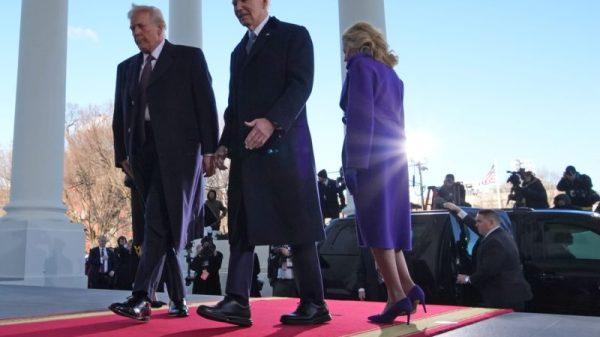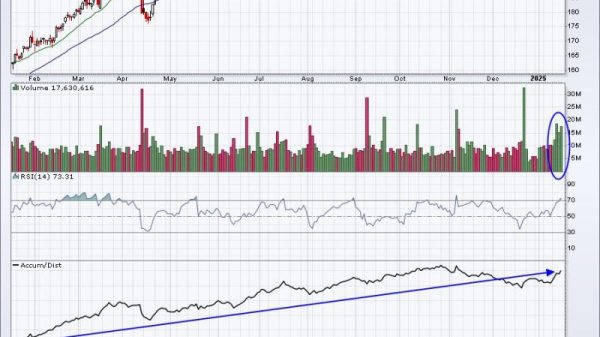Iran and Russia are working on CBDC and “digital financial asset” (DFA)-powered trade solutions, an Iranian official has confirmed.
Speaking to the Russian media outlet Izvestia, Rahimi Mohsen, the trade attaché of the Iranian Embassy in Russia, said that “nations” were “exploring the use of DFAs and central bank digital currencies.”
Mohsen claimed that CBDC-powered “options” could “simplify trade” between Tehran and Moscow.
Iran and Russia: ‘There’s a Need to Create Regulations for CBDC Trade’
The attaché stated that CBDCs, including the digital ruble and Iran’s project, the so-called crypto-rial, could “potentially mitigate the impact of sanctions.”
Russia has been hit with multiple sanctions packages from the US, the EU, and allied nations since the outbreak of war in Ukraine in 2022.
Iran, meanwhile, is facing fresh sanctions following a missile strike on Israel in mid-April, the UK government announced last week.
The suggestion that Iran is sourcing weapons from Russia has raised concerns in Israel about the implications of expanding Moscow-Tehran defense ties https://t.co/Vrof9d07EP
— Bloomberg (@business) April 26, 2024
Mohsen conceded that “difficulties remain” with CBDC-related payments, but said lawmakers would need to “create infrastructure and regulations for new payment methods.”
He added that Iran “intends to cooperate with Russia” to “implement” new regulations, as “Tehran maintains an effective trade partnership with Moscow.”
Sanctions packages are making Iran and Moscow “more interested than ever” in cooperating, claimed Maxim Chereshnev, the Chairman of Russia’s Council for the Development of Foreign Trade and International Economic Relations.
Chereshnev added that a CBDC-powered “partnership” with Iran was “strategically important” to Moscow.
The move could allow Moscow to “strengthen” its “influence in the Middle East and Central Asia,” he explained.
Non-USD Fiat Trades Cost Russian Firms Dearly: Expert
The chairman added that the “inability to make payments in dollars and euros” has forced Russia and Iran to use their own fiat currencies in trade deals.
But Chereshnev explained that this causes difficulties to arise when it comes to converting currencies.
He added that there were also “discrepancies” between Iranian currency market rates and state-controlled rates.
As such, Russian businesses currently lose “about 20-25%” in every trade deal they make using fiat.
Chereshnev said that CBDCs would help alleviate this. He said that the “launch of settlements made using DFAs and CBDCs can “simplify trade between states” like Iran and Russia.
He also said the tech advances would allow traders to “increase transparency, and boost the security of transactions.”
Russia’s Shoigu meets Iranian counterpart, says ready to expand military co-operation, says RIA https://t.co/YArtccYyFR
— Reuters Iran (@ReutersIran) April 26, 2024
More Russian Partners Ready for CBDC Trading?
Russian banks and other firms have begun issuing DFAs: blockchain-powered securities, commodities, and more; as they look to increase domestic investment options.
Earlier this year, President Vladimir Putin signed a law that allows Russian firms to engage in cross-border DFA trade using Russian-issued tokens.
The law also allows companies to trade cross-border using the digital ruble. However, experts have noted that this law does not allow Russian companies to use other countries’ DFAs or CBDCs in trade deals.
Several other Russian allies have begun accelerating their own digital fiat projects. These include Belarus, which is set to make use of the Hyperledger Fabric blockchain network.
In February, Mikhail Demidenko, the National Bank of Belarus’s Deputy Head of Research and Strategic Development, said:
“The [goal] is primarily the decentralization of cross-border payments. The problem in the modern world is that all payments between countries go through the banking systems of issuers of major currencies like the dollar and euro.”
The US on Wednesday announced sanctions on nearly 300 companies and individuals, including in China and the United Arab Emirates, for alleged support of Russia’s invasion of Ukraine. https://t.co/0Y7FQwrP5H
— Bloomberg (@business) May 1, 2024
Russian lawmakers have also floated the idea of doing business with China using the digital ruble and the Beijing-backed digital yuan.
The post Iran and Russia Working on Bilateral CBDC-powered Trade Solutions appeared first on Cryptonews.


































